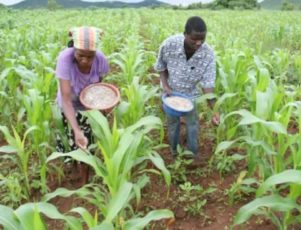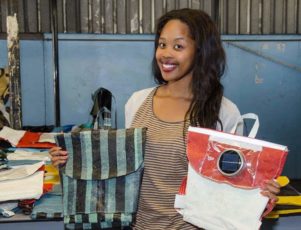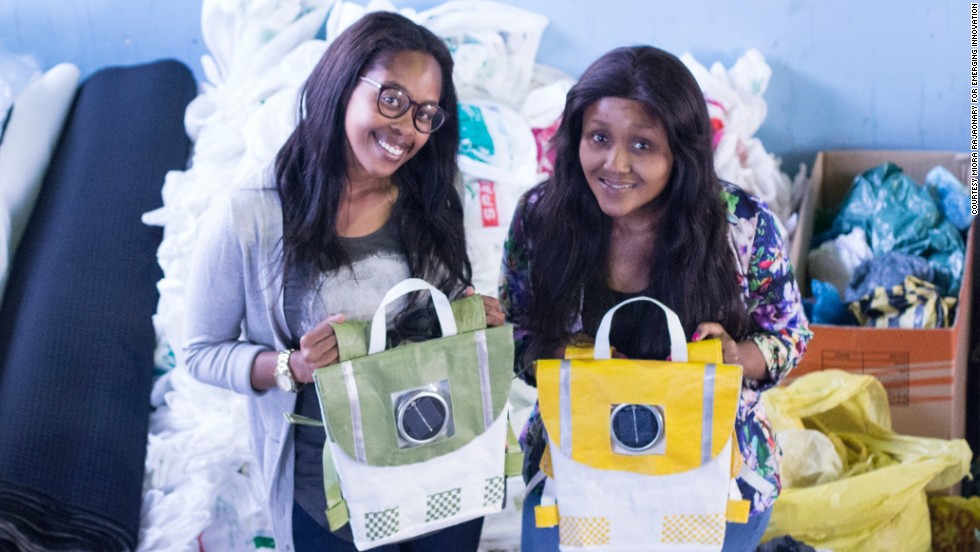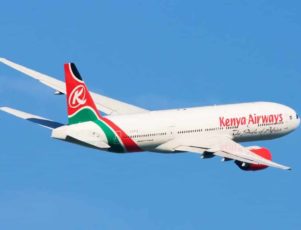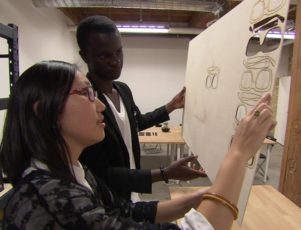Seeking to boost trade, tourism and investment, the African Union has launched a common electronic passport that the organization hopes eventually will give holders visa-free access to all of the organization’s 54 member nations. The African passport initially is being made available to heads of state and diplomats. The goal is full use by all citizens by 2018, although because of complicated logistics that aim is far from guaranteed. The passport, launched in July at the 27 th African Union Summit in Rwanda, is part of the African Union’s Agenda 2063 plan to develop a more unified “One Africa” economy on the continent in order to boost development and growth. Officials say the common passport is aimed at facilitating free movement of people and goods around the continent as a way of fostering intra-African trade and development.
One step toward economic integration
The passport “is a steady step toward the objective of creating a prosperous and integrated Africa,” outgoing African Union chairman Nkosazana Dlamini-Zuma said at the launch. The African Development Bank has been a strong advocate for the common African passport, noting that cumbersome visa requirements in many countries limit intra-African tourism and make trade between African countries cumbersome and expensive. “African countries are closed off to one another, which makes travel within the continent difficult,’’ the development bank said, noting that the continent has some of the toughest visa restrictions in the world. Moreover, restrictions are particularly high from Africans traveling within the continent compared to European or North American visitors, the bank said, noting that business visas are more difficult to obtain than tourist visas. The cost of visas places a burden on citizens who would travel or do business across borders. According to the bank, Central Africa, the region with the highest use of traditional visas, is the least connected to other regions. At the same time, East Africa, with the highest number of visas available on arrival, is among the most open regions in the world.
Benefits in Rwanda cited
Rwanda, which allows entry visas for all African citizens who come to its borders, has seen a 24 percent increase in tourist frequentation from other countries on the continent since it loosened requirements in 2013. The African Development Bank estimated that easing visa requirements could generate an additional $200 billion in the tourism sector and create as many as 5 million new jobs. The bank also said visa restrictions limit the ability of businesses to attract and retain the best African talents, saying that the lack of mobility of professionals is impeding economic growth. Emerging fields such as banking, mining and information technology in particular require more flexibility to compete in the marketplace. A new Visa Openness Index developed by the bank in support of easing restrictions concluded difficulty for business travelers was underscored. According to the index report, more than half of the 55 countries ranked require visitors to obtain visas in advance. Only 20 percent do not require visas and only 15 percent offer visas on arrival. Moreover, many of Africa’s strategic hubs have more restrictive visa policies while smaller nations tend to be more open.
10 countries stand out for openness
The top 10 nations for openness posted an average score of 0.86 (out of 1) on the ADB index, twice the overall average. The top 10 countries are Rwanda, Seychelles, Mali, Cape Verde, Togo, Guinea-Bissau Mauritania, Mozambique, Uganda, and Mauritius. At the bottom of the rankings were Eritrea, Ethiopia, Sudan, Angola, Gabon, Libya, Egypt, Equatorial Guinea, São Tomé and Príncipe, and Western Sahara.
Access to biometric systems not assured
While the African Union wants full implementation of the new passport by 2018, the logistics of that timeline are daunting. Each country can decide when to begin accepting the new passport. But many nations do not have access to biometric systems that are required to access the electronic passports. Despite the challenges, advocates say the transition to a common passport is a vital part of the goal of “One Africa,” embodied in Agenda 2063. Visa “restrictions harm our integration efforts, negatively affecting tourism, investments and trade. A more relaxed visa landscape could help push our shared vision of one competitive African market,’’ said Moono Mupotola, manager of integration and trade at the African Development Bank. “To encourage intra-African trade, without a doubt, we need to work on visa openness.”



